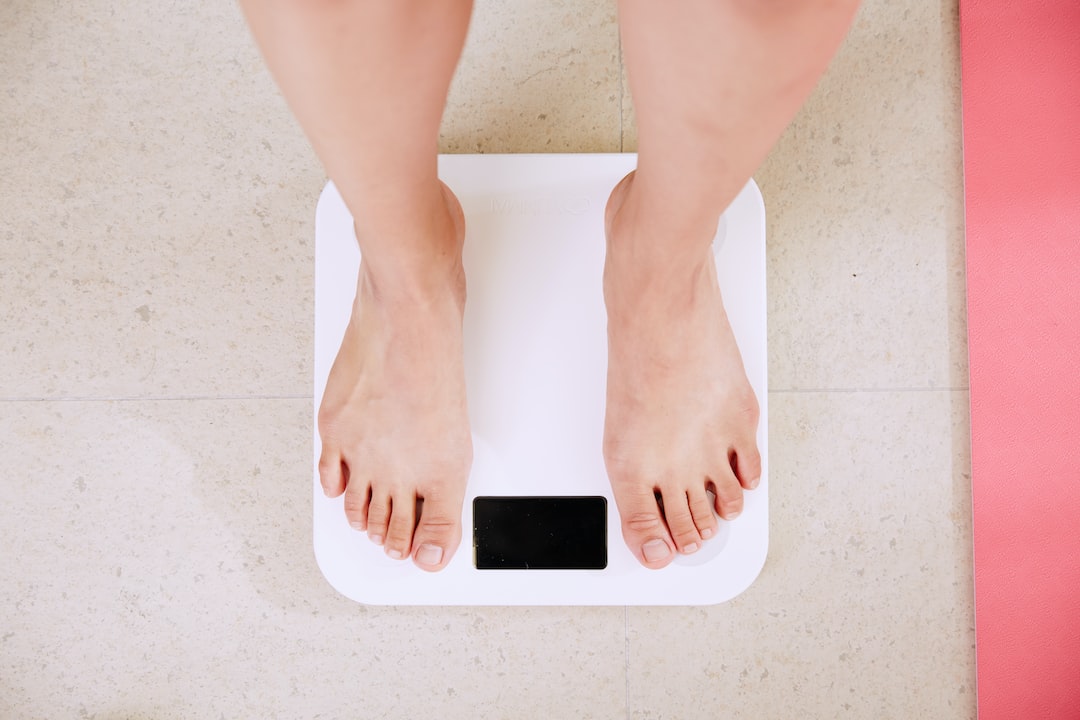
Many people still have no idea how many different factors can affect metabolism speed. In some cases, people inherit slow metabolisms genetically from their parents. However, lack of sleep, restrictive diets, dehydration, and more can all lead to metabolism problems as well.
However, many people deal with a long list of slow metabolism symptoms without ever knowing it. If it does not occur to you that you might have a slow metabolism, you can spend years in a frustrating cycle of trying and failing to meet your fitness goals.
On the other hand, if you discover that a slow metabolism is affecting you, you can work around that and create a plan that may bring you greater success. The good news is that there are some clear signs that can help you figure out if you may or may not have a slow metabolism.
Read on to learn all about the top symptoms you may not notice that could indicate you have a slow metabolism!
1. Metabolism Speed Can Affect Your Weight
Some people focus on healthy eating for years without achieving the weight loss goals they are aiming at. Sometimes, they assume that they must just need to focus even more on eating a healthy diet and getting enough exercise.
However, stubborn weight loss is sometimes the result of a slow metabolism. In such cases, you might find that the strategies that work for others do not work for you.
Some people enjoy fast weight loss because of their fast metabolisms along with the health interventions they invest in. However, if you find that you gain weight easily, you may benefit from looking for ways to increase your metabolism speed.
You might also benefit from ChiroThin weight loss strategies. These strategies focus on doctor supervision and fast weight loss even for people with challenges like slow metabolisms.
2. A Slow Metabolism Can Cause Low Energy
Some people only think about fast and slow metabolisms in the context of losing or gaining weight. However, a lot becomes clear when you understand why your metabolism can affect your weight loss or gain. Your metabolism refers to how your body converts food into energy that you can use as you go about your activities.
If you have a slow metabolism, that means that your body may have to struggle to extract energy from food and make it as accessible as possible. When that happens, the energy in your food often gets stored as fat rather than used up in the course of your day.
When you understand that, it makes more sense why a slow metabolism might affect your energy levels as well. If it takes a long time for your body to provide you with energy, you might find yourself going about your days with low energy on a regular basis. A general sense of fatigue and lethargy is sometimes the result of a slow metabolism.
3. Cold Sensitivity Can Come From Your Metabolism
Of course, your body uses energy for much more than letting you do the activities you choose. Your body also depends on energy from food to help keep you warm.
With a fast metabolism, you might find that you have a lot of resistance to cold temperatures. Or, you might find that you get used to cold temperatures faster than others.
On the other hand, a slow metabolism can make you more sensitive to the cold. You might find that you need more layers to stay warm than others experiencing the same temperature. You might also find that it takes you much longer to get used to colder temperatures. Even if you are inside, a slow metabolism can cause you to feel chilly.
4. A Slow Metabolism Can Cause Digestion Problems
There are a few ways that slow metabolism symptoms can present themselves. In some cases, slow metabolism symptoms are the result of slow digestion. If your body takes a long time to break down your food into energy, that is basically the same thing as having a slow metabolism.
However, if your body is having trouble digesting food, it makes sense that you might experience digestive problems as a result of slow metabolism as well.
If it seems to take a long time for your body to digest your meals, that can be an indicator that you have a slow metabolism. You might also find that you feel bloated or constipated on a regular basis.
In other cases, your symptoms might be more subtle. Even if you experience a fair amount of general discomfort with your digestion, that can indicate that you have a slow metabolism.
5. Hormonal Imbalances Can Result From Slow Metabolisms
When your body does not have ready access to energy, it can disrupt your hormones as well. Some people seem to have mood swings or depression for no apparent reason. Others find that they have low libido or are seeing irregularities in their menstrual cycles.
All of these issues can come from hormonal imbalances, which can themselves be the result of a slow metabolism.
Know About the Most Common Slow Metabolism Symptoms
It can be frustrating to recognize slow metabolism symptoms in yourself. At the same time, it can provide you with the information you need to update your habits and achieve your health goals. Once you know that a slow metabolism might be affecting your fitness, you can use effective tools to help you achieve results faster than ever before.
Are you ready to get started on the path to a healthier you? Click here to find a ChiroThin doctor in your area.
